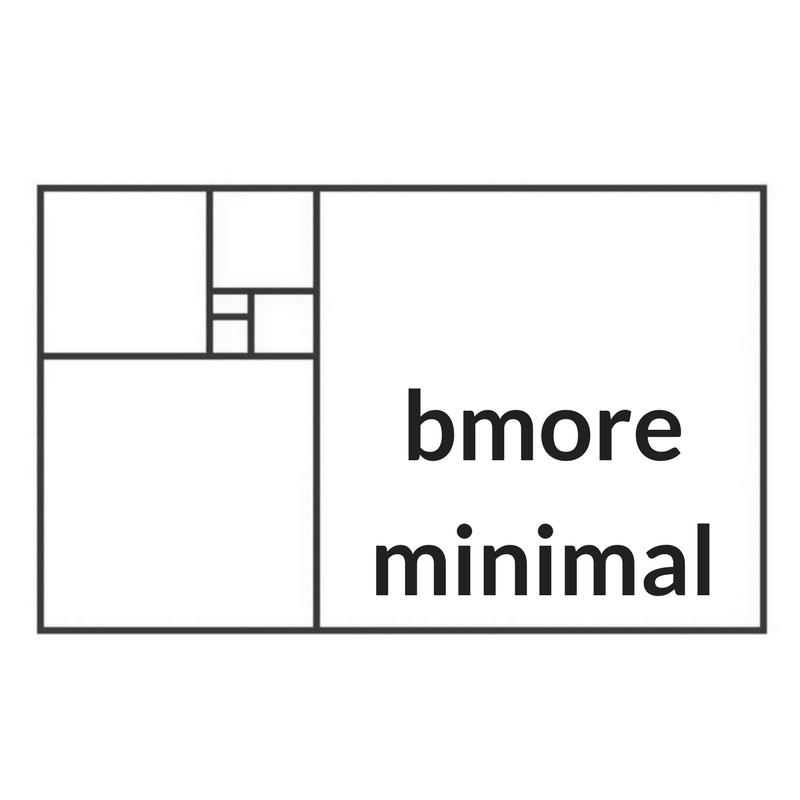Find this and other tips for creating space in a small house in this guide from Redfin.
Some objects are so useful, they can replace 3 other items. I call these workhorses.
A workhorse is highly functional, durable, and versatile. The indirect way find to identify your workhorses is by doing the corkscrew test, especially for kitchen items and clothing.
Remember, the corkscrew test is these three questions:
Is there an alternative to the tool that would work just as well?
Do you do that job so frequently that your life would be markedly easier with that specific tool?
Is the tool challenging to store, to keep in working order, to keep clean?
When I interrogated a handful of bud vases, a trio of warped, stained plastic tupperware, and a pack of disposable party cups, the answer to what could I use instead was the same: the set 12 oz quilted jelly jars I already owned. The jars are versatile, durable, and dishwasher safe. Total workhorses.
A small wooden cutting board moonlights as a cheese board, a trivet, and a weight for holding cookbooks open.
A comfortable, high-quality, machine-washable sweater can be dressed up for a party, dressed down for running errands, and dressed way, way down for a rainy day of heavy couch-sitting.
We might need to think flexibly about them to unlock all of the uses each of our items possess, but when we use our workhorses to their full potential, we can own less stuff overall.
